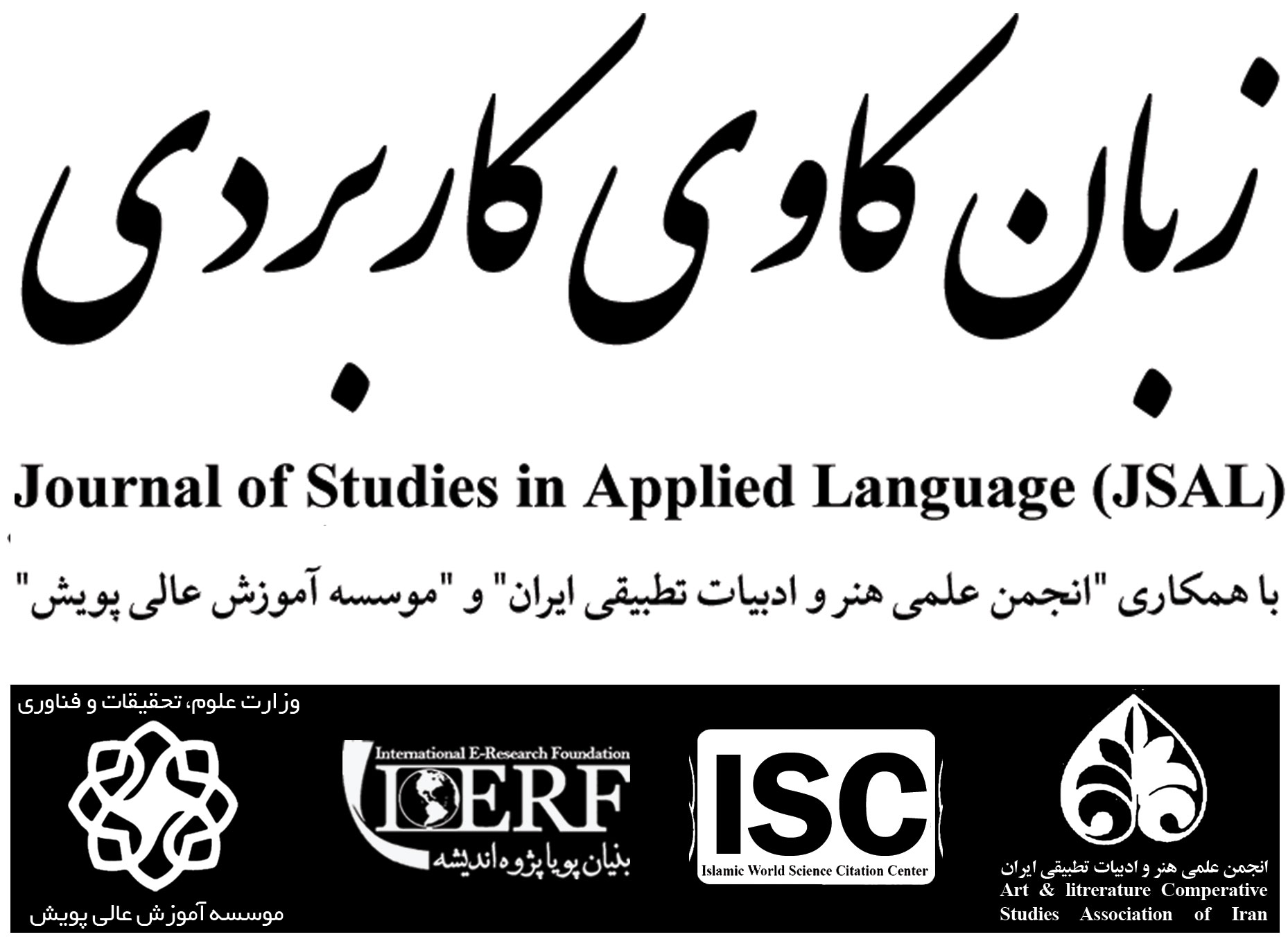<>
Volume 8, Issue 4 (12-2025)
JSAL 2025, 8(4): 49-59 |
Back to browse issues page
Download citation:
BibTeX | RIS | EndNote | Medlars | ProCite | Reference Manager | RefWorks
Send citation to:



BibTeX | RIS | EndNote | Medlars | ProCite | Reference Manager | RefWorks
Send citation to:
Tajik A, Karkhaneh A. (2025). Exploring the Role of AI-Driven Dynamic Writing Platforms in Improving EFL Learners' Writing Skills and Fostering Their Motivation: An Integrative Study [In English]. JSAL. 8(4), 49-59.
URL: http://jsal.ierf.ir/article-1-196-en.html
URL: http://jsal.ierf.ir/article-1-196-en.html
1- PhD in English, Islamic Azad University, Pishva Branch, Varamin, Iran , Tajik.esl.teacher20124@gmail.com
2- Department of Nursing, Faculty of Nursing and Midwifery, Islamic Azad University, Varamin, Iran
2- Department of Nursing, Faculty of Nursing and Midwifery, Islamic Azad University, Varamin, Iran
Abstract: (527 Views)
AI-powered dynamic writing platforms, particularly QuillBot, provide transformative opportunities to enrich English language learning and actively engage students in authentic writing tasks. Nevertheless, the role of Artificial Intelligence (AI) in enhancing the writing proficiency and motivation of English as a Foreign Language (EFL) learners has not been systematically explored. Addressing this gap, the present study investigates how QuillBot influences learners’ coherence, vocabulary use, grammatical accuracy, task achievement, and motivational development. Employing a sequential explanatory mixed-methods design, the research gathered both quantitative and qualitative data from 65 intermediate EFL students at Islamic Azad University, Varamin–Pishva Branch, during the Fall semester of 2023. Participants were randomly assigned to two groups: the experimental group integrating QuillBot-assisted writing tasks, and the control group receiving traditional instruction. Quantitative data were sourced from IELTS-based writing tests and validated motivation scales, while qualitative insights were derived from semi-structured interviews that explored learners’ experiences of autonomy, engagement, and confidence. Statistical analysis revealed a moderate-to-large effect size (Cohen’s d = 0.76) for QuillBot-enhanced performance, with noticeable gains in lexical sophistication and syntactic accuracy. Thematic analysis identified three recurring patterns: higher self-regulation, reduced anxiety toward writing, and greater creative expression. Collectively, these outcomes confirm that AI-assisted tools can produce measurable progress in writing proficiency while reinforcing sustained motivation among EFL learners. These findings also highlight implications for curriculum design and teacher training, emphasizing the need for professional development programs that prepare educators to integrate AI tools effectively into EFL writing classrooms.
Keywords: AI-driven Writing, Quillbot, Writing skills, Motivation to Write, EFL Learners, Mixed-Methods Study, Technology-Enhanced Language Teaching
Type of Study: Research |
Subject:
Language Teaching
Received: 2025/07/15 | Accepted: 2025/12/1 | Published: 2025/12/1
Received: 2025/07/15 | Accepted: 2025/12/1 | Published: 2025/12/1
Send email to the article author
| Rights and permissions | |
 |
This work is licensed under a Creative Commons Attribution-NonCommercial 4.0 International License. |






